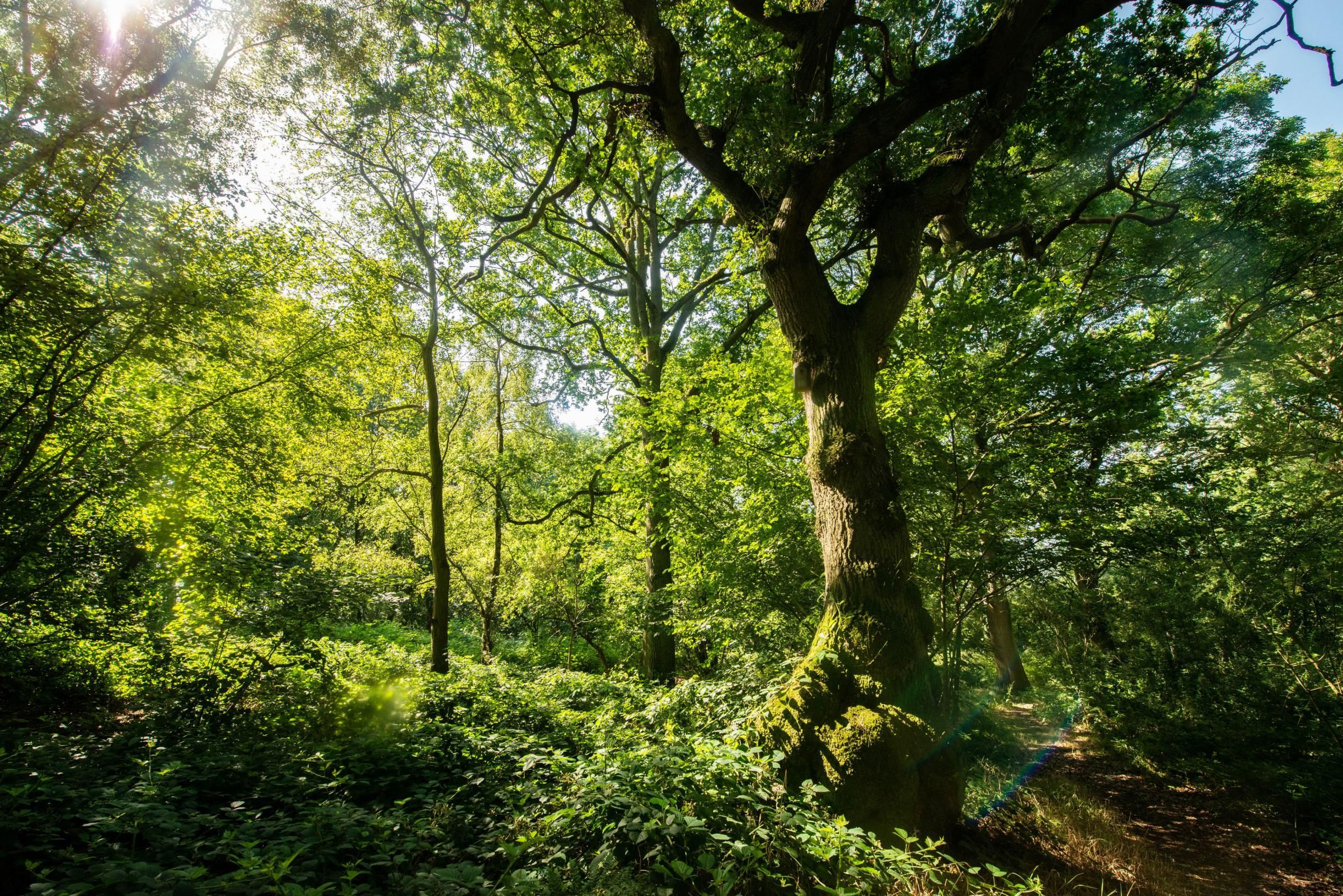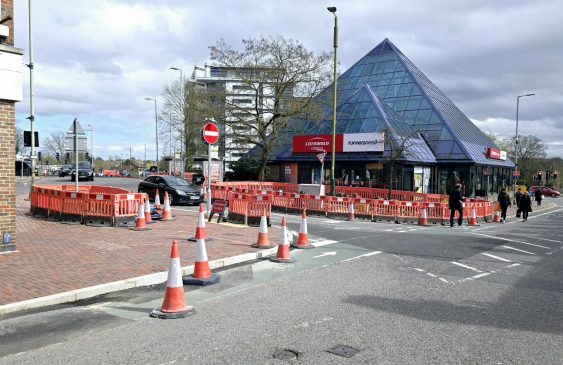A whopping 40% of major new roads across England impact irreplaceable ancient woods and veteran trees
Planned changes to the Government’s transport policy don’t go nearly far enough, with new road schemes causing huge damage to both ancient woodland and veteran and ancient trees, claims the Woodland Trust.
New analysis published by the charity paint a stark picture of new road developments – with 106 ancient woodlands confirmed to be directly or indirectly affected with a further 83 ancient woods predicted to be affected, and 82 ancient and veteran trees felled over a decade of road investment.
With ancient woodland making up less than 3 per cent of the UK’s land mass, the Trust said decisions made now by Government planning chiefs must prioritise protecting irreplaceable habitat,.
The Government is giving the public until June 06 to have its say on its National Networks National Policy Statement (NNNPS) for transport infrastructure projects, but the Woodland Trust says the proposed changes to policy don’t go nearly far enough.
The charity says the draft policy pays “lip service” to addressing the impacts of roads on the climate by requiring carbon assessments for schemes, but then states that emissions on their own aren’t a good enough reason to refuse permission for a new road.
Naomi Tilley, Lead Campaigner at the Woodland Trust said: “While some of the changes made to the National Networks National Policy Statement are welcome, they don’t go far enough. The policy must be updated to fully address the urgent need for joined up action to halt nature’s decline and reduce carbon emissions.
“Government cannot continue to build schemes that damage or destroy ancient woodland and veteran trees that could be centuries old. And we cannot continue to build roads that result in ever increasing carbon emissions that will accelerate the climate crisis. This approach is not sustainable. Avoiding harm must be at the heart of decisions about development to ensure we do not repeat the devastating mistakes of past projects. This would be real progress.”
Naomi continued: “Visionary policy could transform our future. Progress is putting the environment at its heart. Currently, these policy changes are not visionary, do not put the environment at its heart and have the potential to facilitate the destruction of irreplaceable habitats, worsen nature decline and exacerbate climate change.”
The Woodland Trust has pointed to failings of high-profile major infrastructure projects such as the Lower Thames Crossing proposal which will cut through irreplaceable ancient woodland and veteran trees, and creates eye watering increases in emissions, contributing to the escalation of climate change and nature decline.
And the public agrees – a new YouGov survey, commissioned by the charity, showed that over 80% (81%) of people said that damaging ancient woodland for road infrastructure projects is usually or always unacceptable. And 68% of people said they would feel sad or angry if a large tree in their local area was felled for development.
A whopping 85% of people felt National Government should have responsibility for reducing emissions associated with roads.
The charity said the Government must update the policy to fully address the urgent need for joined up action to halt nature decline and reduce carbon emissions.
Changes to policy that need to be considered must:
– fully protect ancient woods and veteran trees. The proposed improvements don’t go far enough. The policy must improve ancient woods and veteran trees protection as the Government has committed to elsewhere.
– aligns with UK targets for net zero carbon emissions. Transport should be designed to reduce overall emissions instead of its contribution being disregarded.
– requires real community involvement in all project designs, with full transparency about unavoidable impacts on the environment.
To comment on the policy, go to: https://www.gov.uk/government/consultations/draft-revised-national-networks-national-policy-statement










